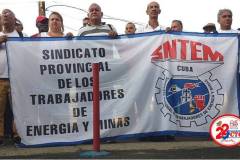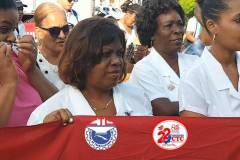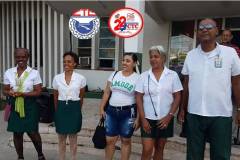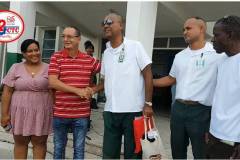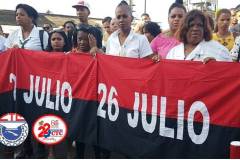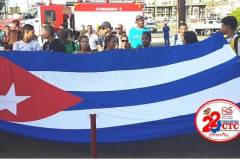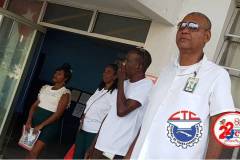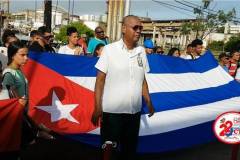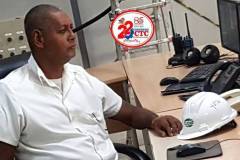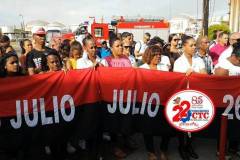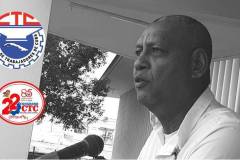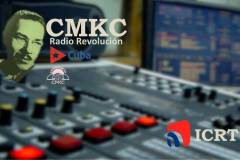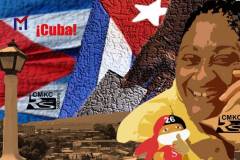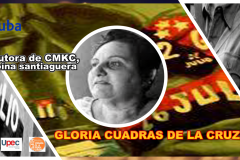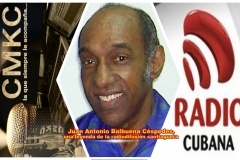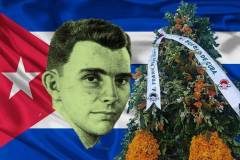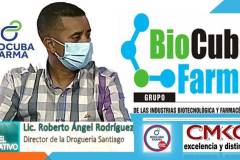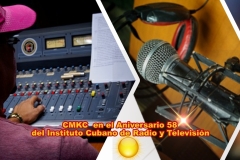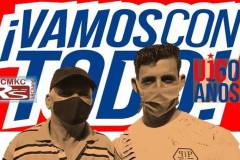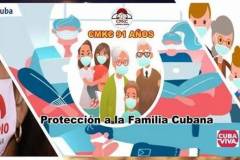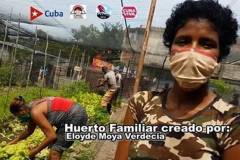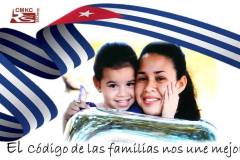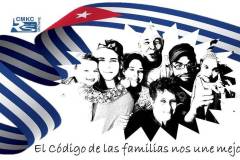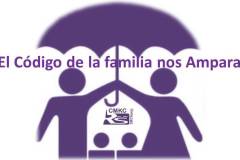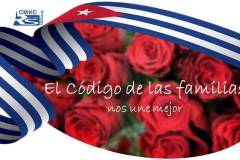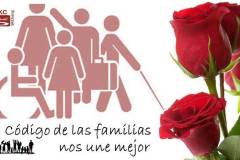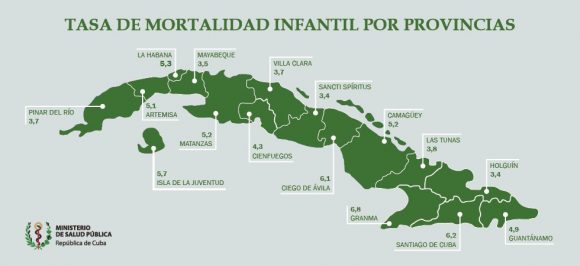
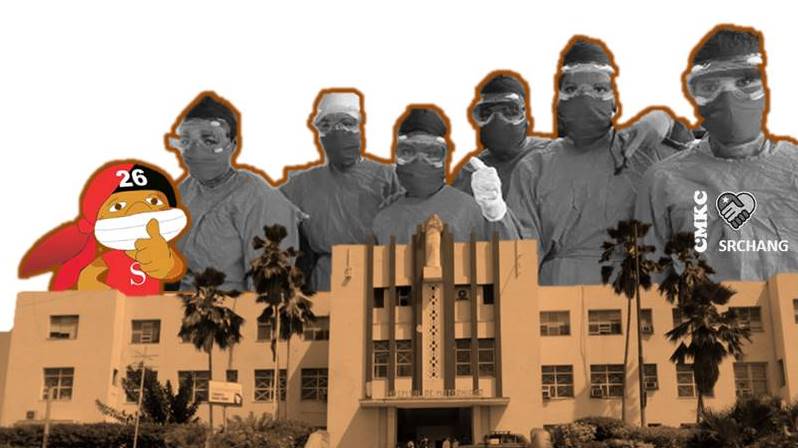
By: Santiago Romero, MSc.
Cuba may not be a country rich in resources, but dignity goes hand in hand with its humanist projection, consistent in the difficult but not impossible path to improve the quality of life and its basic indicators such as health, education, sports, social assistance and we know the very difficult times we are facing today in the post-pandemic economy and with a blockade reinforced for one more year, as endorsed by Mr. Biden.
But we have a lot of national pride and today I refer to one of them: The Reduction of Infant and Maternal Mortality, thanks to an idea of resistance and development in 1962, when a primary care unit specialized in the treatment of pregnant women in cities or towns was constituted: the maternal homes. That was the birth of the Maternal-Child Health Program, better known by many as PAMI in Spanish.
Today, the follow-up of high-risk pregnant women and the effective implementation of medical genetics are priorities of the Maternal-Child Health Program, which guarantees comprehensive and equitable access to medical care for mother and child, all of which has contributed to achieve indicators that are above those of first world countries, despite the U.S. blockade against Cuba.
And, how is Santiago de Cuba doing today in PAMI?
At the end of the first four months of this 2023, there was a tendency to recovery and return to the indicators of excellence that Santiago de Cuba province had five years ago; but, at least, if in such a difficult year we achieved better results of PAMI in the first four months, it means that we can achieve much more, as long as we emphasize primary health care; the control and monitoring of pregnant women, genetic analysis, their prioritized feeding, the study of each case, including the monitoring of the baby’s condition and the puerpera.
And to control early pregnancy. We must insist on the correct use and placement of contraceptives, how to reverse low birth weight and for a better dynamic in the controls, the vital database and access to it by current digital platforms.
PAMI is here to stay.
It still constitutes pride, a body for excellence in health and promoter of joy in Cuba as the record of an infant mortality of 4.0 per thousand live births when it was reported in January 2018. But on the same date in 2021 it was 4.9 and many were alarmed. Imagine how much progress was made compared to 1970, then, it was nine thousand 173 deaths, an infant mortality rate of 38.7.
Today we see this result as unbelievable, but in not a few countries the figure is skyrocketing.
Having a Maternal-Child Health Program in Santiago de Cuba not only guarantees the care of pregnant women over thirty-five years of age and to watch over the risk of opportune diseases.
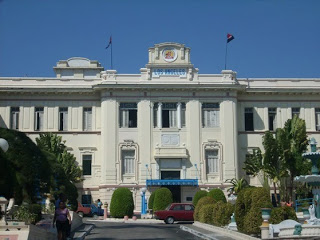
The PAMI dignifies our health system, how much it prioritizes the care of the mother and the baby; the timely information for pregnant women in primary health care, feeding, exercise and training for relatives, systematic monitoring, professional evaluation, prenatal childcare with a view to the Santiago women with twenty-six weeks of pregnancy, genetics in a leading role and the technical-professional supervision of each specialized procedure, which implies a lot of medical updating.
And all this will result in records of Maternal-Child Health Program in Santiago de Cuba, the PAMI.
Public Health a Top Priority in Local Hospitals
By Xiomara Pieri
CMKC, Radio Revolucion, Santiago de Cuba.- The public health system is a top priority in Santiago de Cuba hospitals, where specialists are being trained despite the US blockade and the covid-19 pandemic.
According to Dr. Migdalia Fernandez, rector of the first school of medicine founded by the Revolution in February 1962, the objectives of the current school year remains the same: high quality standards supported by a first-rate staff composed of specialists with master’s degrees and PhDs.
The training program of this local medical university rejoices with the participation of 594 young people from 41 countries according to Dr. Yamile Acosta, vice-rector for international relations.

